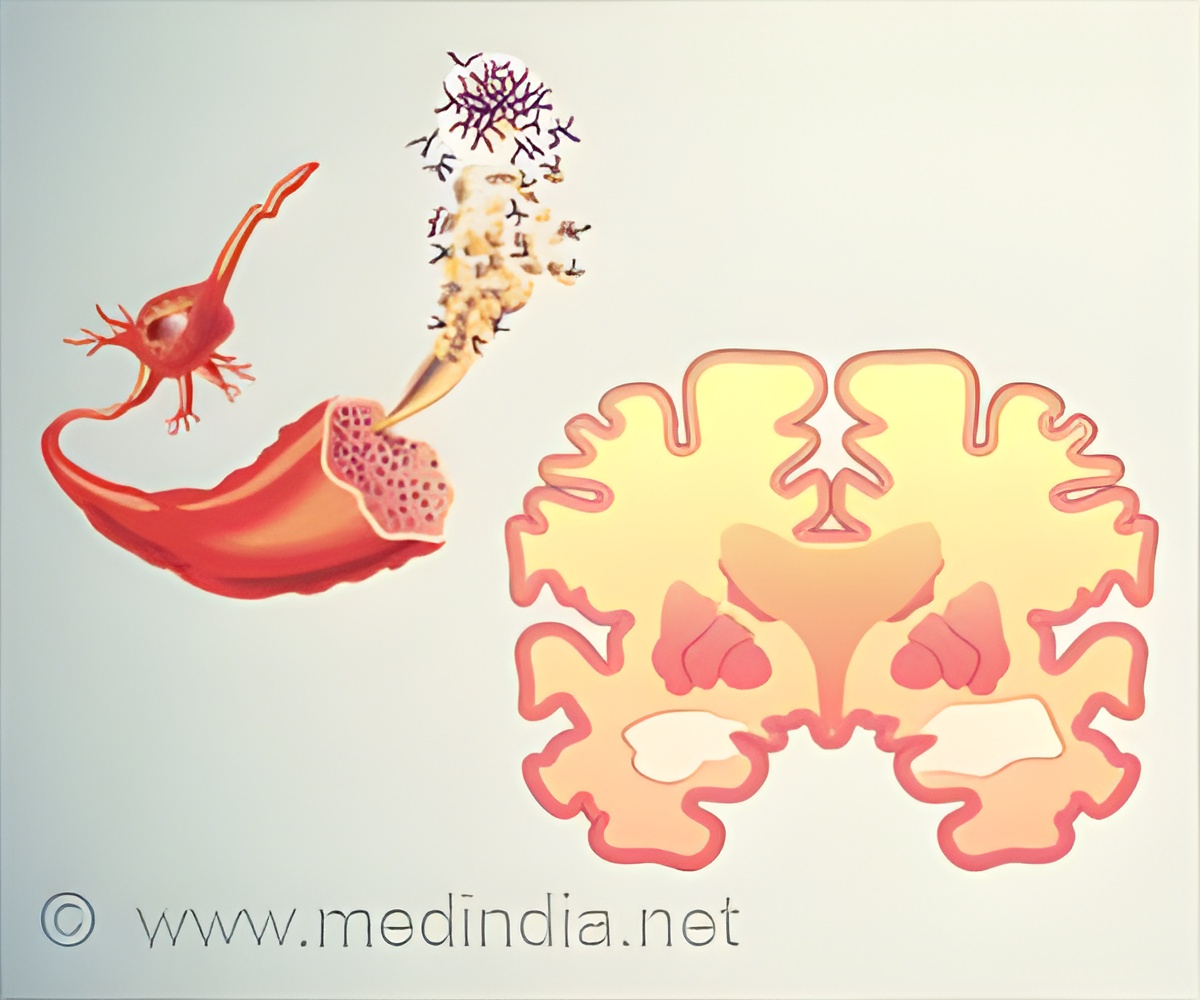Analysis of Brain’s Structural Network could Improve the diagnosis of Alzheimer's Disease, finds a new study.

TOP INSIGHT
Personal networks were able to accurately classify 96 percent of patients with AD or MCI from healthy participants in the study which is at a level similar to the current way of clinical evaluations. The high performance of this particular way suggests that it could be used in clinics to enhance auto-diagnosis of AD and MCI based on brain imaging.
Incorporating multiple structural brain features is a key component of the method. AD and MCI pathology is marked by gradual deterioration, or atrophy, of brain tissue. "If we consider the brain as a highly interactive system, the atrophy of one part of the brain may have a significant association with the other structure of the brain. However, examination of this phenomenon has often been omitted from most studies due to methodology limitations," said the first author Weihao Zheng, a doctoral student in the laboratory of Dr. Hu.
So Zheng and colleagues constructed the model based on six types of morphological features, including measures of the largest alterations in the disease, such as cortical thickness and brain volume, and more subtle features not usually incorporated into network models, such as brain surface area. They tested the method on 165 healthy control participants, 221 participants with MCI, and 142 participants with AD.
Although the method demonstrated high performance for classifying the patients from controls, it was less successful at discriminating between AD and MCI patients, with an accuracy of about 70 percent. MCI is considered a transitional stage of the AD, where patients have trouble with memory, but still, have normal general cognitive functioning.
Many patients with MCI eventually progress to AD, but there is currently no way to distinguish which patients will develop AD accurately. The authors also applied the new method to classify patients who converted from MCI to an AD and those who did not convert, and the method predicted the progression of MCI to AD with about 65 percent accuracy.
 MEDINDIA
MEDINDIA




 Email
Email










